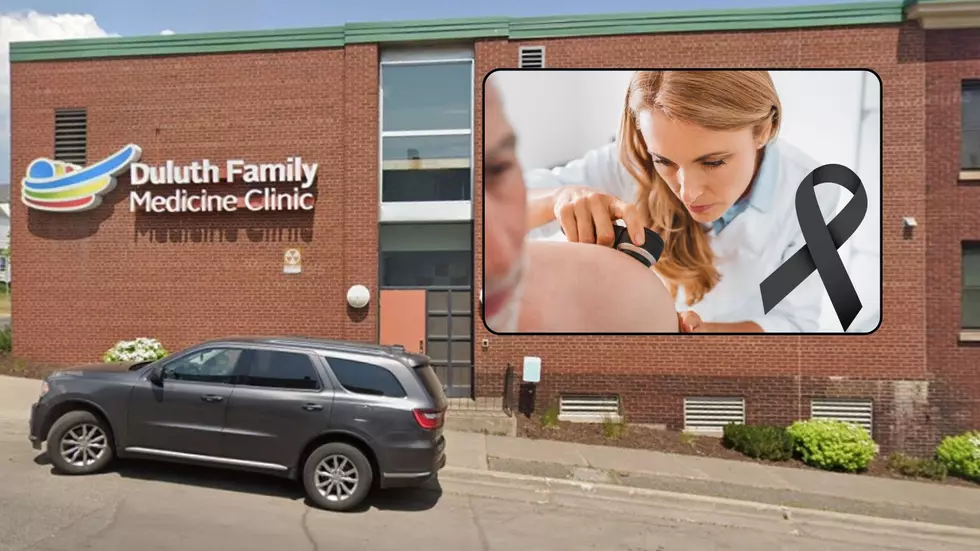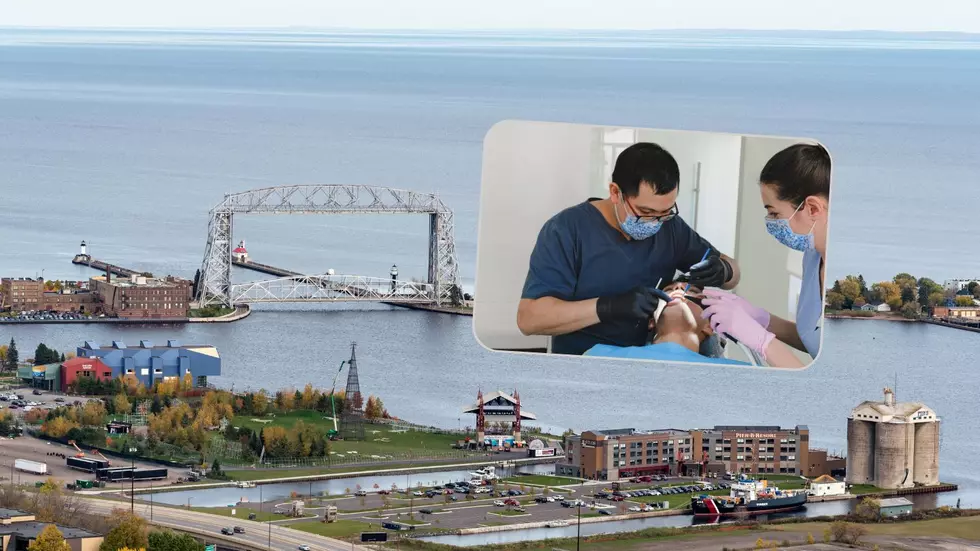
Essentia Health Hosting Free Skin Cancer Screening Day In Duluth
Summer is approaching and people will be outside more than ever to have fun in the sun. As enjoyable as that can be, it can pose a health risk if your skin isn't protected from the sun's harmful rays.
There are over 5 million cases of skin cancer diagnosed in the United States each year, making it America’s most common cancer. In fact, more people are diagnosed with skin cancer each year in the U.S. than all other cancers combined
According to the Skin Cancer Foundation:
- 1 in 5 Americans will develop skin cancer by the age of 70.
- More than 2 people die of skin cancer in the U.S. every hour.
- Having 5 or more sunburns doubles your risk for melanoma.
- The annual cost of treating skin cancers in the U.S. is estimated at $8.1 billion: about $4.8 billion for nonmelanoma skin cancers and $3.3 billion for melanoma, the deadliest form of skin cancer.
As eye-opening as those statistics are, the good news is that while skin cancer is the most common cancer, it is also the most preventable cancer, and one of the most treatable when detected early. When detected early, the 5-year survival rate for melanoma is 99 percent.

That is why May is Skin Cancer Awareness Month, dedicated to shedding light on skin cancer facts, prevention, and early detection.
Essentia Health in Duluth is doing its part by hosting Melanoma Monday, an opportunity for community members to get a free skin cancer screening.
The screenings are available on Monday, May 13, from 9:00 am to 4:00 pm at the Duluth Family Medicine Clinic, at 330 N. Eighth Ave. E. Because of limited availability, those wanting a skin check are encouraged to call (218) 723-1112 as soon as possible to make an appointment.
READ NOW: 4 Minnesota Hospitals Have Earned ‘D’ Grades In Patient Safety
Everyone is encouraged to perform routine self-exams to check for signs of skin cancer. Things to look for include,
- A growth that increases in size and appears pearly, transparent, tan, brown, black, or multicolored.
- A mole, birthmark, or brown spot that increases in size, or thickness, changes color or texture, is asymmetrical, has an irregular or poorly defined border, or is bigger than a pencil eraser. Learn the ABCDEs of melanoma.
- A spot or sore that continues to itch, hurt, crust, scab, or bleed.
- An open sore that does not heal within three weeks.
If you notice any of these signs on your skin, it is recommended that you have a melanoma screening with a dermatologist.
LOOK: Here are the 50 best beach towns in America
Gallery Credit: Keri Wiginton
LOOK: Must-do activities at every national park
Gallery Credit: Angela Underwood
More From B105









